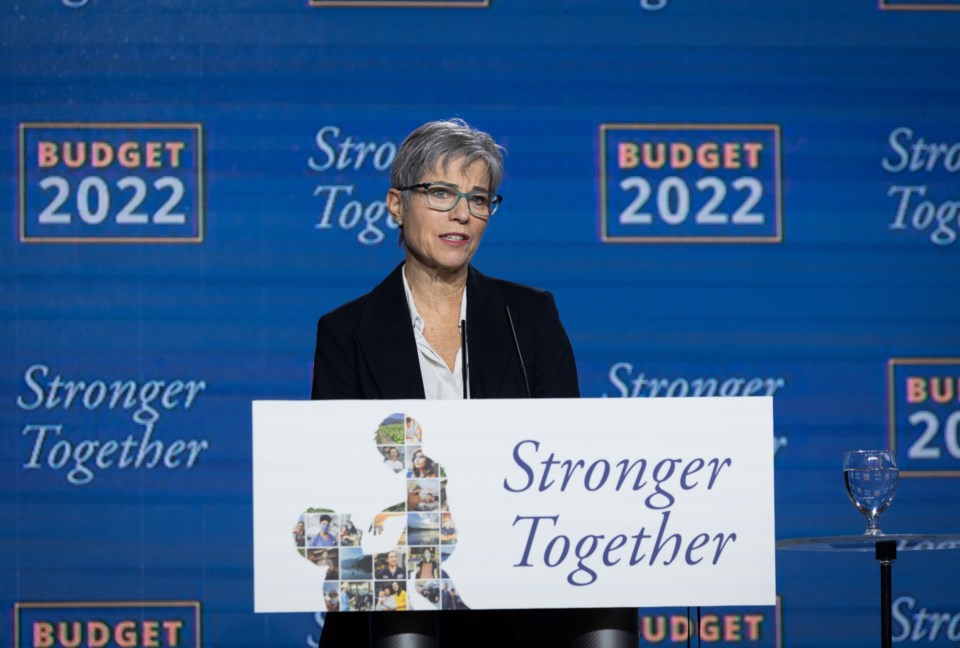In February, the NDP introduced an amendment to the Balanced Budget and Ministerial Accountability Act that would give ministers extra pay despite a deficit.
Since 2001, a portion of every cabinet minister’s salary has been held back, only to be returned if and when their respective ministry budget was balanced. The amendment cancels this permanently.
This move creates some political problems for the NDP.
First, it’s a relatable amount of money. Most people’s heads spin when they conceptualize something massive like the deficit or annual budget – more money than most will see in thousands of lifetimes. But an additional $10,000 and $5,000, respectively, for the Premier and cabinet ministers? Relatable.
Why is that a problem? Because these are the things that stick. Consider recent examples like $16 orange juice, “I’m entitled to my entitlements,” and bus pass clawbacks.
Add the optics; most of us aren’t in any position to unilaterally increase our own pay packages, much less retroactively.
Second, the timing is tone deaf. BC and Canadian political discussion is increasingly dominated by affordability – and with rents, mortgages, taxes, gasoline, groceries and more all going up, not only will this not change any time soon, but likely become a central issue of the next federal and provincial elections.
Third, the rationale is ludicrous. Finance Minister Selina Robinson criticized the holdback as “sending the wrong message.” Cabinet ministers, who already make more than $172,000 per year, may cast greedy eyes on getting another $5,700, and turn down an otherwise worthy funding request. Or “gee, we shouldn’t make this decision, because then I don’t get my holdback,” as Robinson phrased it.
The obvious question is how many worthy measures did cabinet ministers turn down over the past five years? Was this something Robinson or others saw happening with their colleagues? The correct answers are almost certainly “none” and “of course not” – but this is the rationale given.
To top it all off, the NDP are being too clever by half.
Robinson and her colleagues insist this isn’t a pay hike, or a raise. And in the strictest, most well-actually Webster’s Dictionary sense of those words, sure. But no amount of rhetorical origami gets around the (literal) bottom line: cabinet ministers will receive higher pay. Arguing this does not constitute a raise is not an argument that will survive contact with the real world.
Politicians voting themselves a measure that gives them more money, and then quibbling over words like hike or raise is fencing at best, and political satire at worst.
There may be a case to be made that MLAs and ministers should actually be paid more. This might help recruit and retain more of our best and brightest into public service – but these moves are best done up front, with a full understanding and disclosure about the intent – and the money.
That is not what has happened here.
Maclean Kay is Editor-in-Chief of The Orca



